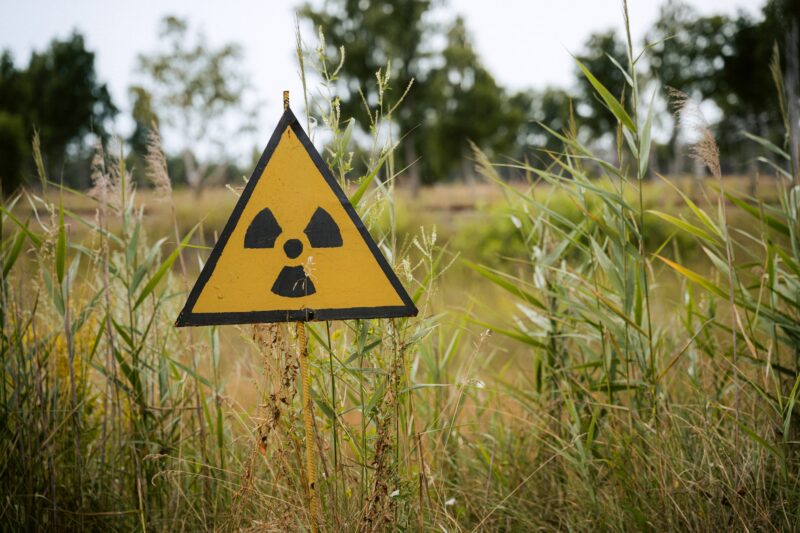The rhetoric around the Russo-Ukrainian war has been heating up. We’ve seen previously that there have been moments of panic about nuclear war, first at the outset of the Russian invasion, then when a nuclear powerplant became a combat zone.
Now, president Putin has made nuclear threats. Biden is saying Armageddon is near. Zelenskyy is recommending preemptive strikes. At least in the latter two cases, the leaders’ teams have made an effort to dull those remarks. However, throwing around the possibility of nuclear war has made an impact on civilians, and we can see it even using a single search term.
Iodine
Potassium iodide is an FDA-approved supplement to counteract the effects of a nuclear incident. Iodine is one of the most harmful effects of a nuclear incident because it is absorbed by the thyroid, leading to thyroid cancer even long after the exposure. According to the American Thyroid Association, this is particularly dangerous for children.
Potassium iodide contains the same kind of iodine you’d find in table salt. By taking it, you fill the thyroid with stable iodine, preventing the absorption of radioactive iodine.
In this video from Vanity Fair, a doctor who treated patients from Chernobyl fact-checks the series Chernobyl, and I’ve selected a part of the video in which Dr. Shapiro discusses the use of potassium iodide following the explosion.
Two things stand out to me about this. First, people used iodine in a panic, sometimes giving their children too much. Second, both the doctor in this video and the actress in the video use the term “iodine” to describe the supplement.
Google Search Demand for Iodine is Increasing
Looking at a trend of iodine search demand over the past 90 days shows that the level of search popularity
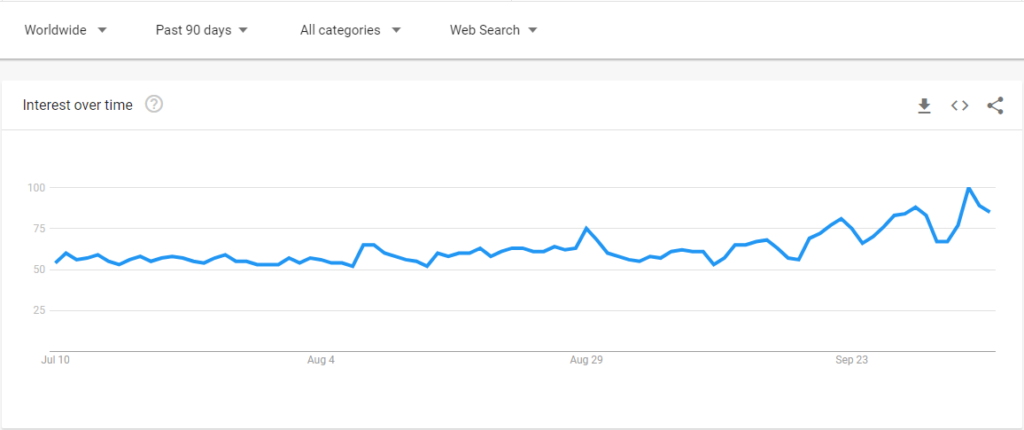
Next, lets look at the Google trends distribution for iodine search demand in NATO countries, some former Soviet countries, and other countries on edge at a potential nuclear conflict.
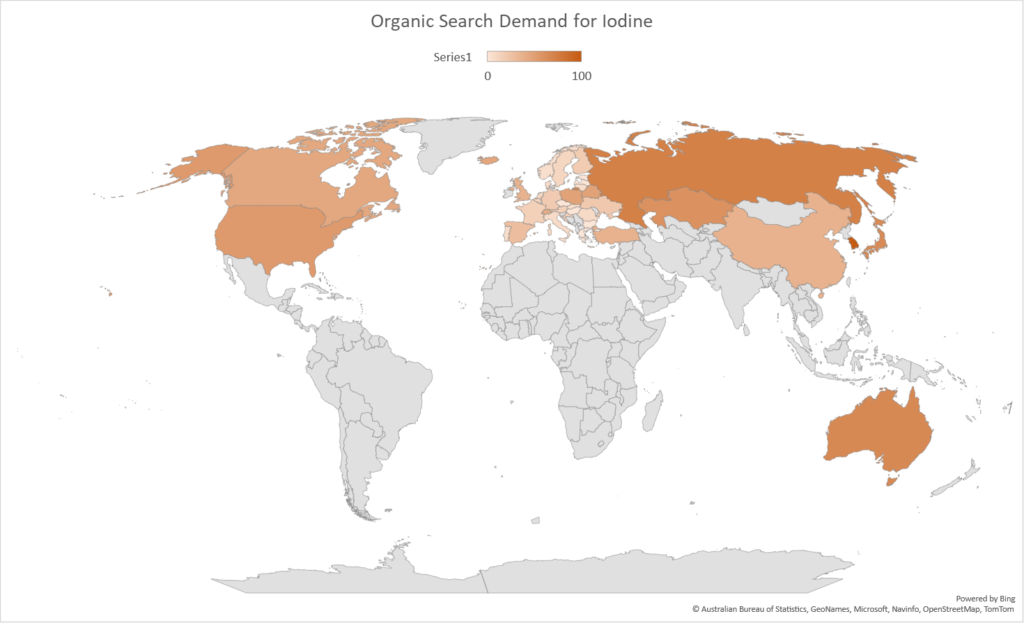
Now, let’s look at a few of these countries and understand what searches related to nuclear war are trending.
United States
After the U.S. Department of Health and Human Services announced it had purchased a supply of nplate, an anti-radiation drug, searches for nplate and “radiation pills” spiked. This coincides with an increase in searches for iodine.
It would be an interesting area for research to what degree the geographical distribution of search interest for radiation pills matches up with the location of U.S. nuclear missile bases.
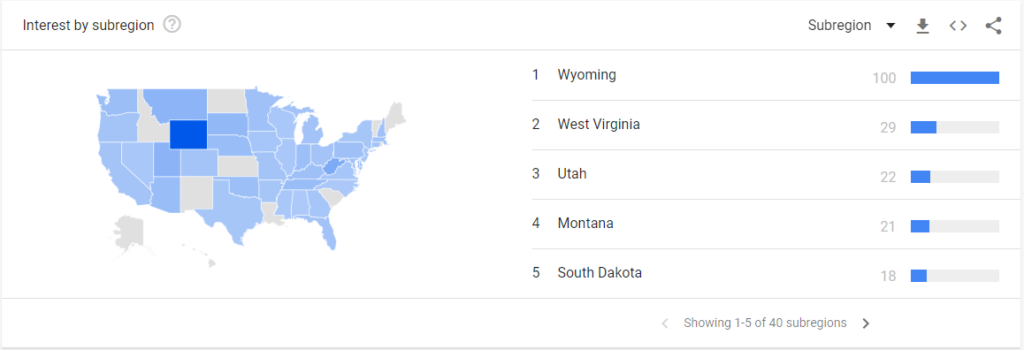

Russia
One has to take Google search data from Russia with a grain of salt because the search market is split roughly 60/40 in favor of Yandex, the Russian search engine.
Nonetheless, we see some interesting trends. On October 7, a day after Ukrainian president Zelenskyy made remarks that were construed by many to be a call for preemptive nuclear strike, searches in Russia for related queries spiked.

Ukraine
Searches around nuclear weapons in Ukraine have spiked as mentions in the news have included Russian threats to use tactical nuclear weapons in Ukraine.
A geographic distribution around the topic shows us that areas with the highest interest are naturally those where ongoing fighting has occurred – Kharkiv and Odessa. In addition, search interest is high in Kyiv, the nation’s capitol.
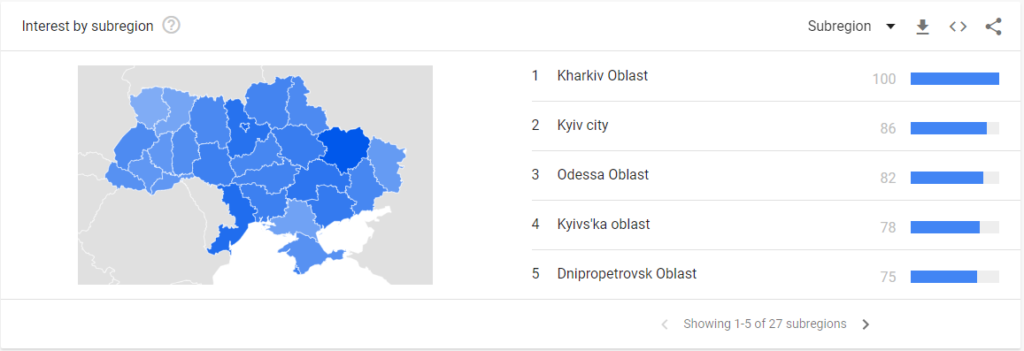
Other queries with elevated interest in Google are:
- blast radius tactical nuclear weapon
- actions in a nuclear explosion
- what to drink during a nuclear explosion
- radiation measuring instrument
- rules of war nuclear strategy
Takeaways
Obviously, people on both sides of the current conflict, as well as those who might be impacted by nuclear war, are worried. They may be preparing by purchasing medication to counteract radiation.
Another point I want to make, which I’ve made in my previous posts, is that headlines matter. Threats. Casually using incendiary language. Speculation. If any of those hit the headlines, people respond and this is easily visible in search.
Please leave a comment if you’d like to discuss this further.
